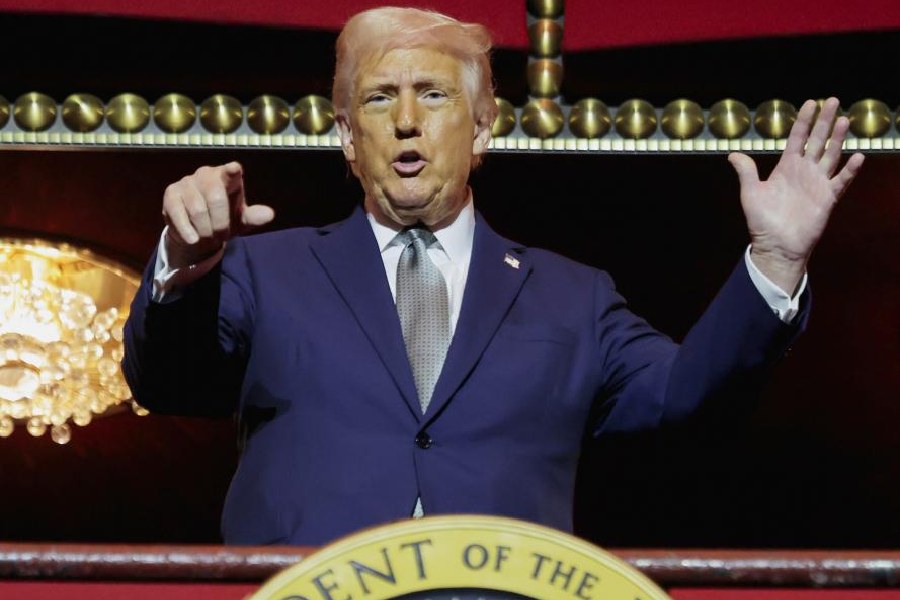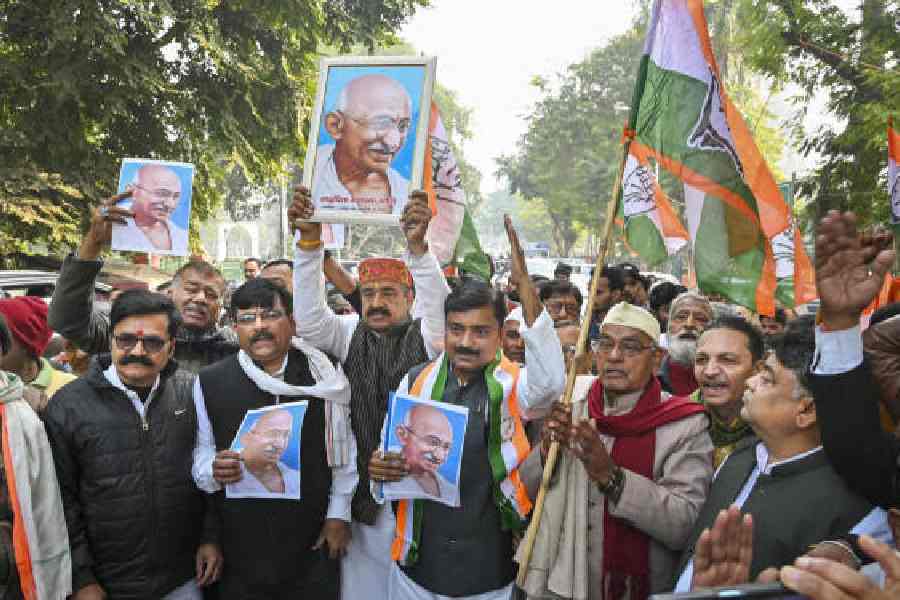President Donald Trump said on Wednesday he would impose a 25 per cent tariff on cars and car parts that were imported into the United States, a move that is likely to raise prices for American consumers and throw supply chains into disarray as the President seeks to bolster domestic manufacturing.
The tariffs will go into effect on April 3 and will apply both to finished cars and trucks that are shipped into the United States and to imported parts that are assembled into cars at American auto plants.
Those tariffs will hit foreign brands as well as American ones, like Ford Motor and General Motors, which build some of their vehicles in Canada or Mexico.
Nearly half of all the vehicles sold in the United States are imported, as well as nearly 60 per cent of the parts in vehicles assembled in the United States. That means the tariffs could push up the price of cars significantly when inflation has already made cars and trucks more expensive for American consumers.
During remarks at the White House, Trump said the tariffs would encourage auto companies and their suppliers to set up shop in the United States.
“Anybody who has plants in the United States, it’s going to be good for,” he said.
But the auto industry is global and has been built up around trade agreements that allow factories in different countries to specialise in certain parts or types of cars, with the expectation that they would face little to no tariffs. That has been particularly true for North America, where national auto sectors have been stitched together by trade agreements since the 1960s.
Mexico is the largest source of vehicle imports in the United States, followed by Japan, South Korea, Canada and Germany.
Stock markets fell on news that the auto tariffs would be imposed. Shares of major car makers tumbled further in after-hours trading, after the White House clarified that the tariffs would also cover imported auto parts. General Motors was down nearly 7 per cent, and Ford and Stellantis were more than 4 per cent lower after the markets closed. Tesla’s stock fell 1 per cent in extended trading.
Trump argues that the tariffs will increase domestic auto production, but it is not clear how fast he can accomplish that goal. Tariffs can encourage companies to use more products from the United States and expand production, but new factories typically take several years and can cost billions of dollars to construct.
The additional costs that tariffs will introduce could also backfire economically, harming the US auto industry by squeezing its profits and slowing its sales, while also setting off more trade clashes.










